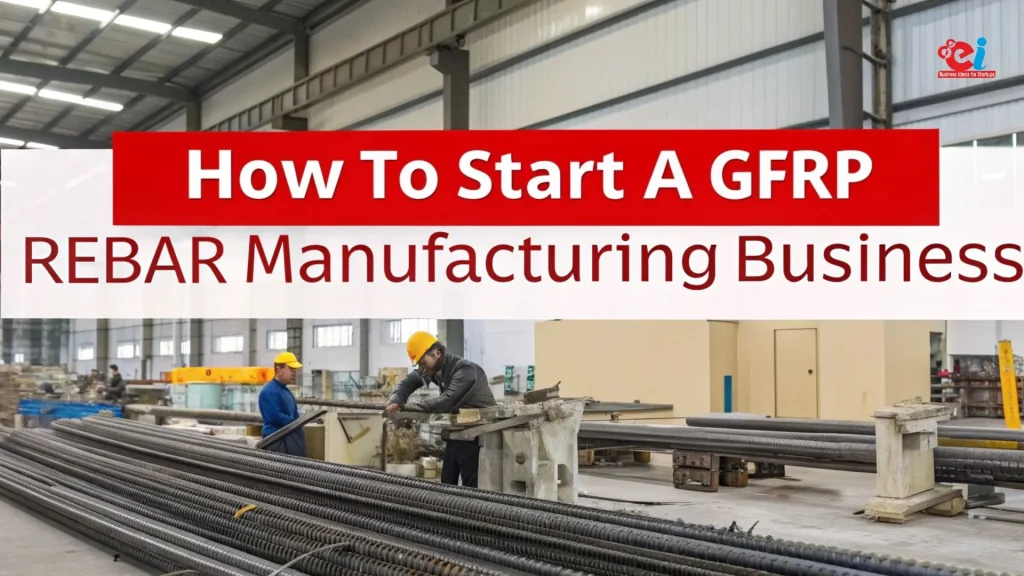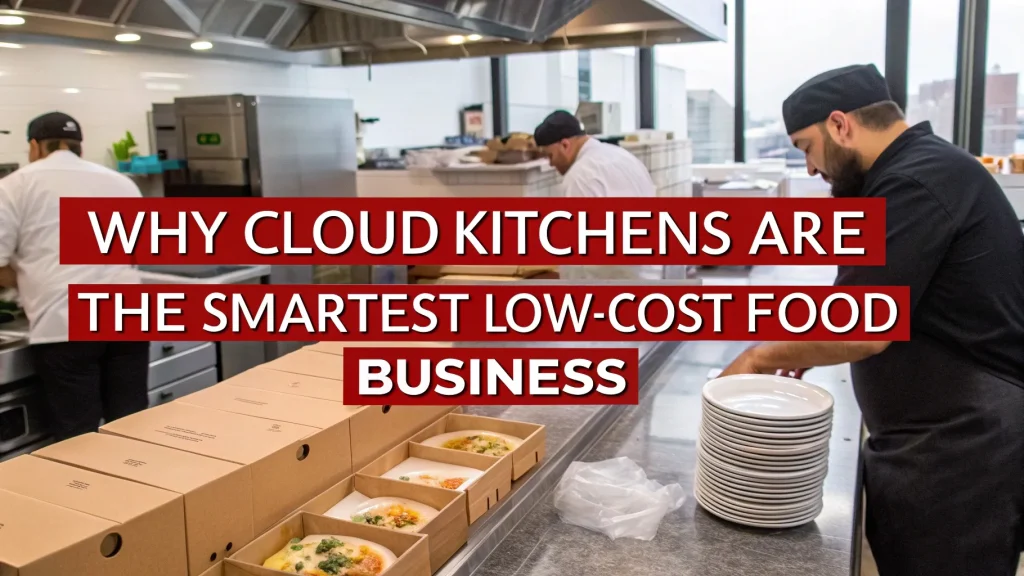Silicon metal manufacturing is emerging as one of the most profitable and future-ready business opportunities in today’s industrial landscape. With increasing demand in sectors like electronics, automotive, solar energy, and construction, silicon metal has established itself as a critical raw material powering technological and infrastructural growth. Entrepreneurs looking for a scalable, high-demand, and globally connected business idea will find silicon metal manufacturing both promising and strategically beneficial.
Why Silicon Metal Manufacturing is a Golden Opportunity
The backbone of modern technology, silicon metal is a purified form of silicon used in the production of semiconductors, solar panels, aluminum alloys, silicones, and more. It plays an essential role in making chips that drive computers, smartphones, and smart devices. The rising dependence on renewable energy, especially solar power, has spiked the global demand for high-purity silicon metal, creating a sustained supply gap. Establishing a silicon metal manufacturing business can thus be a long-term wealth creator.
What is Silicon Metal?
Silicon metal is produced by heating quartz (silicon dioxide) and carbon (usually coal, coke, or wood chips) in an electric arc furnace at high temperatures. The result is a shiny, metallic material that contains about 98% to 99.9% pure silicon. This metal is different from silicon wafers used in semiconductors – it’s the raw material that feeds industries needing refined or alloyed silicon.
It is primarily used in:
-
Aluminum Alloys: Silicon improves strength, corrosion resistance, and casting properties.
-
Electronics: Integrated circuits and semiconductors use high-purity silicon.
-
Photovoltaic (PV) Panels: Crucial for solar cell manufacturing.
-
Silicones: Used in lubricants, sealants, and medical implants.
-
Chemicals and Industrial Applications: Acts as a reducing agent and catalyst.
Global Demand and Market Potential
The silicon metal manufacturing industry is witnessing a remarkable surge, thanks to developments in the electric vehicle (EV) industry, 5G technology, and green energy solutions. The global silicon metal market was valued at over USD 6 billion in 2023 and is projected to grow at a CAGR of more than 5% until 2030. Asia-Pacific dominates the consumption, with China, India, Japan, and South Korea driving demand through electronics and solar projects.
India’s “Make in India” initiative and the Production-Linked Incentive (PLI) schemes are accelerating the growth of domestic semiconductor and solar cell industries, making the timing ideal for entering silicon metal manufacturing. Setting up a plant in India gives entrepreneurs the dual advantage of local demand and cost-effective exports.
Raw Materials and Manufacturing Process
The core materials needed for silicon metal manufacturing include:
-
Quartzite or Quartz (SiO?): The primary source of silicon.
-
Carbon-based reducing agents: Wood chips, coal, coke.
-
Electricity: A continuous and significant power supply is vital.
Manufacturing Process:
-
Crushing and screening of quartz.
-
Mixing quartz with a carbon source in specific proportions.
-
Feeding the mix into a submerged arc furnace.
-
Heating at 1800°C–2000°C to reduce silicon dioxide to silicon metal.
-
Tapping the molten silicon, cooling, and solidifying.
-
Crushing, grading, and packaging the metal for industrial sale.
This energy-intensive process requires highly specialized equipment, skilled labor, and strict safety protocols. However, once streamlined, the production process becomes efficient and highly profitable.
Investment and Infrastructure
Establishing a silicon metal manufacturing unit requires significant capital investment – ranging from ?25 crore to ?150 crore, depending on plant capacity and technology. Key infrastructure requirements include:
-
Large land area (minimum 5–10 acres)
-
Access to high-quality quartz mines
-
Substantial and stable power connection
-
Environmental clearance and pollution control systems
-
Industrial machinery like arc furnaces, crushers, cooling towers, bag filters
Government support, especially under green technology and import substitution policies, can help reduce the investment burden through subsidies, tax incentives, and easier loan approvals.
Skilled Workforce and Technology
A trained workforce is crucial for silicon metal manufacturing due to the complex chemical and thermal processes involved. Key technical roles include:
-
Metallurgical engineers
-
Furnace operators
-
Maintenance technicians
-
Process quality control specialists
Technology plays a vital role in improving energy efficiency, reducing emissions, and enhancing product purity. Advanced automation systems, AI-based monitoring, and robotic handling can optimize production and safety.
Challenges in Silicon Metal Manufacturing
While lucrative, the silicon metal manufacturing industry faces several challenges that entrepreneurs must address:
-
High energy consumption: Electricity costs are a major operating expense.
-
Environmental compliance: Emissions and waste heat must be managed as per pollution control norms.
-
Raw material availability: Consistent supply of high-grade quartz is essential.
-
Price volatility: Global market fluctuations in silicon prices can affect margins.
-
Initial capital barrier: High setup costs require strong financial planning and investment.
However, these challenges are outweighed by the long-term benefits, especially if backed by government incentives and sustainable practices.
Opportunities for Growth and Export
India is currently dependent on imports for high-purity silicon metal. Establishing local manufacturing units can drastically reduce import bills and create export opportunities, especially to Europe, the US, and Southeast Asia.
With increased global focus on green energy and EVs, silicon metal is turning into a strategic mineral. Entrepreneurs can tap into export markets by ensuring quality certifications like ISO, REACH, and RoHS. Countries with bilateral trade agreements with India offer duty-free export potential, enhancing competitiveness.
Environmental and Sustainable Aspects
Modern silicon metal manufacturing is shifting toward sustainable practices. Use of renewable energy sources like hydro or solar for powering furnaces is being explored. Innovations like closed-loop water systems, dust collectors, and energy recovery systems are helping manufacturers reduce carbon footprints.
Green certifications and Environmental, Social, and Governance (ESG) ratings add brand value and attract investors, especially in Europe and North America. Sustainable silicon production will be a future benchmark for this industry.
Government Support and Incentives
Various Indian government schemes support the growth of silicon metal manufacturing:
-
PLI Scheme for Solar PV Modules and Semiconductors
-
State industrial policies offering power subsidies, land at concessional rates, and tax exemptions
-
Technology Development Board loans for industrial innovation
-
Single-window clearance for environmental and safety approvals
States like Gujarat, Odisha, Rajasthan, and Chhattisgarh offer ideal locations due to mineral availability, existing industrial hubs, and supportive policies.
Why You Should Start This Business Now
Here’s why now is the best time to invest in silicon metal manufacturing:
-
Rising global demand from green tech and digital electronics
-
Supply gap due to limited manufacturers
-
Government push for Atmanirbhar Bharat and clean energy
-
Export potential to growing markets
-
High entry barrier offers long-term monopoly-like advantages
Moreover, with India planning to establish its own semiconductor fabs and solar gigafactories, the domestic market for silicon metal is bound to grow exponentially.
Conclusion
Silicon metal manufacturing is not just a business – it’s a strategic entry into the core of the world’s future industries. From semiconductors and solar panels to smart cities and EVs, everything depends on this critical material. For entrepreneurs seeking a future-proof venture with global relevance, silicon metal manufacturing presents a unique and high-return opportunity.
By leveraging technology, sustainable practices, and government support, you can establish a successful enterprise in this high-potential sector. It’s time to build the foundation of tomorrow – one atom of silicon at a time.
Visit the page Select and Choose the Right Business Startup for You for sorting out the questions arising in your mind before starting any business and know which start-up you can plan. We, at NPCS, endeavor to make business selection a simple and convenient step for any entrepreneur/startup. Our expert team, by capitalizing on its dexterity and decade’s long experience in the field, has created a list of profitable ventures for entrepreneurs who wish to diversify or venture. The list so mentioned is updated regularly to give you a regular dose of new emerging opportunities.




